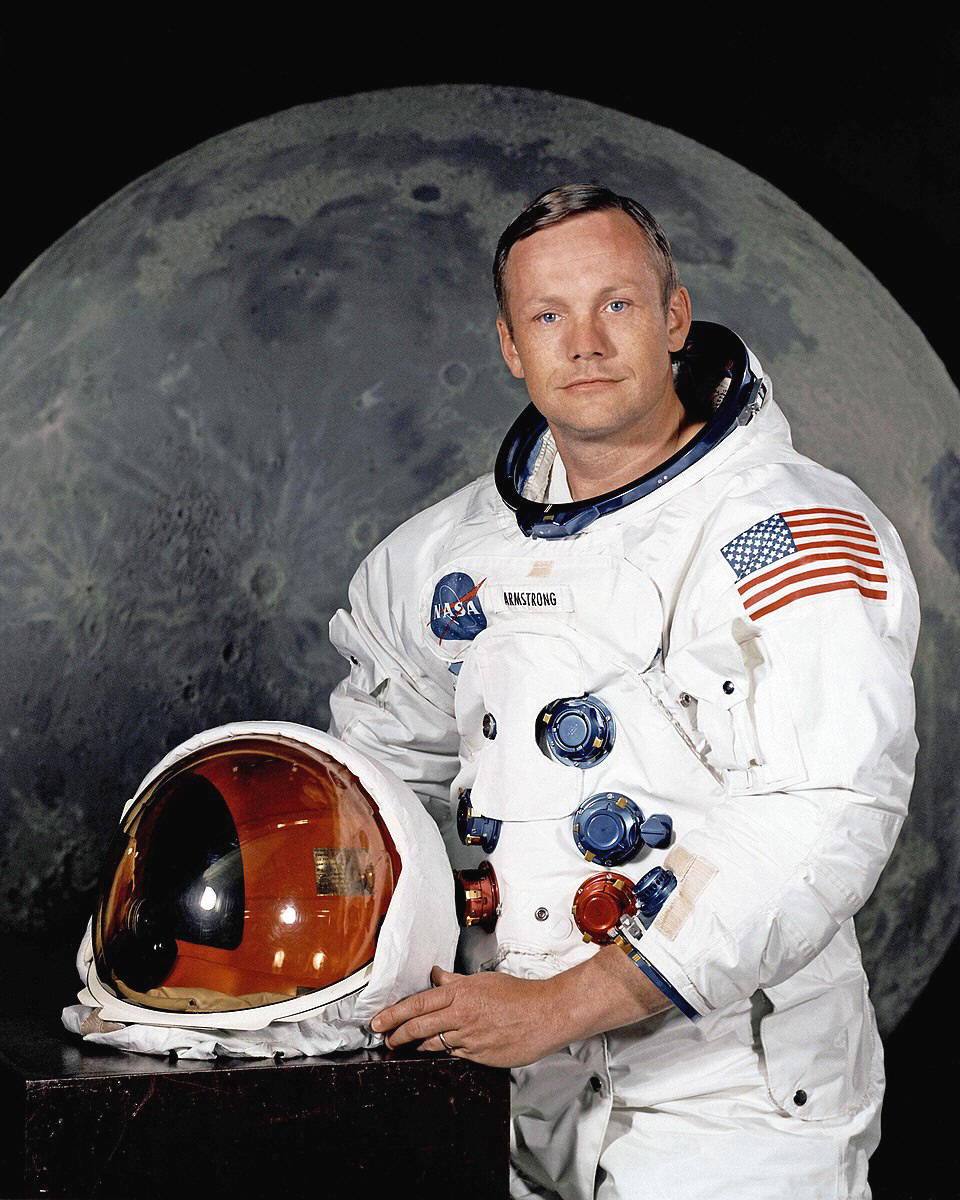The journey beyond Earth's atmosphere began with the launch of artificial satellites, providing crucial data for scientific and communication purposes. The Soviet Union's launch of Sputnik 1 in 1957 marked the beginning of the Space Age, a significant milestone that paved the way for human spaceflight.
 NASA
has played a pivotal role in space exploration. The Apollo 11
mission in 1969, where astronauts Neil Armstrong and
Buzz Aldrin became the first humans to set foot on the Moon, remains
one of the most significant achievements in history. Armstrong’s words,
“That’s one small step for man, one giant leap for mankind” encapsulated the
importance of this achievement. Additionally, the European Space Agency’s
Rosetta mission to a comet and NASA’s Juno probe
to Jupiter have expanded our knowledge of the solar system. The increasing
use of autonomous robotic spacecraft has made deep-space exploration more
efficient and cost-effective. Recent key achievements in space exploration
include China’s Tianwen-1 mission, which
successfully landed the Zhurong rover on Mars in 2021.
NASA
has played a pivotal role in space exploration. The Apollo 11
mission in 1969, where astronauts Neil Armstrong and
Buzz Aldrin became the first humans to set foot on the Moon, remains
one of the most significant achievements in history. Armstrong’s words,
“That’s one small step for man, one giant leap for mankind” encapsulated the
importance of this achievement. Additionally, the European Space Agency’s
Rosetta mission to a comet and NASA’s Juno probe
to Jupiter have expanded our knowledge of the solar system. The increasing
use of autonomous robotic spacecraft has made deep-space exploration more
efficient and cost-effective. Recent key achievements in space exploration
include China’s Tianwen-1 mission, which
successfully landed the Zhurong rover on Mars in 2021.
The Indian Space Research Organization (ISRO) has also made remarkable contributions to space exploration. ISRO’s Chandrayan-3 mission successfully landed on the Moon in 2023, making India the fourth country to achieve a soft lunar landing. The Mangalyaan mission, launched in 2013, made India the first country to reach Mars orbit on its first attempt and at a record-low budget. ISRO’s advancements in cost-effective space technology continue to make significant contributions to global space exploration.